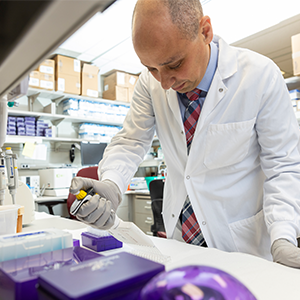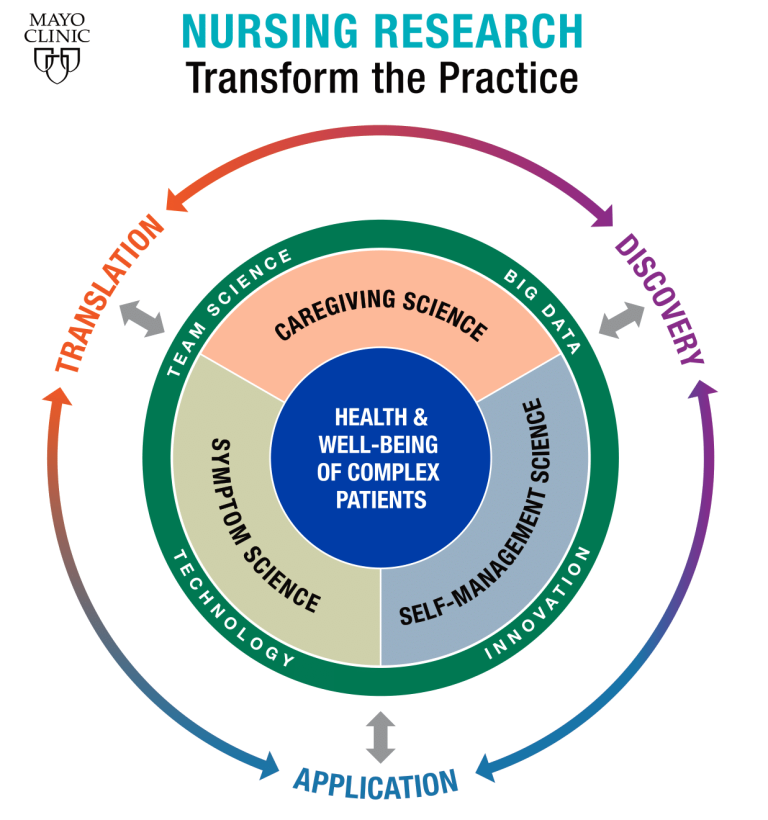
Terms like epidemic, pandemic, quarantine and incubation period have been used in relation to COVID-19. Dr. Nipunie Rajapakse, a Mayo Clinic infectious diseases specialist, offers an explanation of terms that you may hear in the news as COVID-19 information evolves:
Watch Dr. Nipunie Rajapakse talks about terms related to COVID-19:
Journalists: Broadcast-quality sound bites with Dr. Rajapakse are in the downloads at the end of the post. Please "Courtesy: Mayo Clinic News Network."
Isolation and quarantine
Isolation and quarantine protect the public by preventing exposure to people who have or may have a contagious disease. Isolation separates those with who are sick with a contagious disease from those who are not to avoid transmission. Quarantine separates and restricts movement of people who may have been exposed to a contagious disease, but do not yet show symptoms. Those in quarantine are monitored, usually for a period of time known as the incubation period to see if they become sick. Usually, if those in quarantine do not develop symptoms during that period, the quarantine will be lifted and they are allowed to resume their usual activities.
"The main difference between quarantine and isolation is whether the person has symptoms or not," explains Dr. Rajapakse. "Quarantine is applied to people who have been exposed but are not symptomatic; whereas, isolation applies to people who are already exhibiting symptoms."
Incubation period
This term refers to the time from exposure to an infection to the onset of symptoms. The incubation period is specific to different diseases or conditions.
"Based on the information we have now about COVID-19, we suspect the longer end of the incubation period is about 14 days. So that's the duration that has been used for the quarantines that have been put in place in multiple areas," says Dr. Rajapakse.
Epidemic
An epidemic is a rapid increase in the number of cases of a disease above what is normally expected in a given area's population.
Pandemic
This term refers to a global epidemic — one that has spread over several countries or continents, and affects a large number of people.
Endemic
Endemic means ongoing transmission or spread of an illness within a certain population or region.
Outbreak
This term carries the same definition as epidemic, but it is often used for a more limited geographic area.
"Initially outbreaks like this usually are detected by detection of a cluster, so a group of cases of similar illness or disease. If it's not contained at that point, then it could develop into an outbreak, so an increase in cases in a certain local area. Spread beyond that could then become epidemic, or within a country or a local region, and then if there's spread, more widespread, so across multiple countries, continents or around the world, then that becomes a pandemic," says Dr. Rajapakse.
Dr. Rajapakse recommends visiting the Centers for Disease Control and Prevention website for the latest on COVID-19.
Related posts:
Check the CDC website for additional updates on COVID-19.
For all your COVID-19 coverage, click here.







